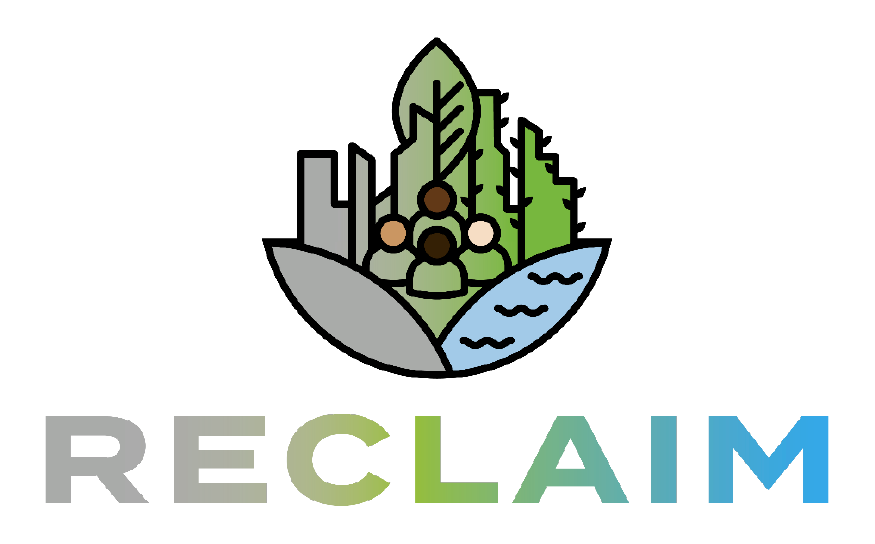Enhancing the Climate Change Literacy for Building the Thermal Resilience and Adapting to the Heatwave
My name is Xizhen Huang and I am a PhD student studying Energy and Environmental Engineering at the University of Reading. This blogpost summarises my experience and knowledge gained during my recently funded RECLAIM Network Plus Knowledge Exchange Visit hosted by Professor Prashant Kumar from the Global Centre for Clean Air Research (GCARE) at the University of Surrey.
The Importance of the Knowledge Exchange Visit
The secondment provides an incredible opportunity for knowledge exchange through a range of face-to-face discussions with Professor Prashant Kumar and the research team from the GCARE. The onsite visits each time offered me fresh thinking and new approaches to assess the impacts of the thermal environment on its users. Through this visit, the up-to-date knowledge of current working practices can be gained in wider areas for Green Infrastructure in the RECLAIM Network Plus.
Climate Change Literacy
“From the perspective of behavioural adaptation to thermal comfort, people are active participants to choose their thermal preferences, rather than passive recipients of the thermal environments.” – Professor Runming Yao
In the face of Climate Change and the increasing heatwave events, adaptation to climate change and building the thermal resilience of the urban systems would be crucial. For enhancing the public cognition of climate change, climate literacy serves as the foundation for well-informed adaptation and mitigation measures. Therefore, under the challenges of climate change, the understanding of people's thermal perception and the dynamic characteristics of thermal responses to varying outdoor heat stress conditions can improve the prediction of outdoor dynamic thermal perceptions in advance and enhance the heat resilience of cities.
“A very important aspect of any initiative is to inspire people. Bringing awareness and knowledge related to climate change, heating, and cooling of planet Earth is very important not only to the school teachers, the parents, and the researchers but also to the children. This is the essence of the climate-education programme called the Heat-Cool Initiative.” – Professor Prashant Kumar
As the United Nations states, education is key to addressing climate change. We can achieve this by improving climate change literacy from generation to generation, especially in terms of the impact of heat on the physical environment and how behavioural change can make a positive impact. In the end, it can deliver the call of the United Nations to use science and technology-driven climate change education to achieve the Sustainable Development Goals.
Finally, I would like to thank the GCARE team at the University of Surrey for all their support with organising my travel, accommodation, and a desk on campus for my visit.
This work has been supported by the UKRI-funded RECLAIM Network Plus grant (EP/W034034/1).
Xizhen Huang (PhD Student at the University of Reading)




